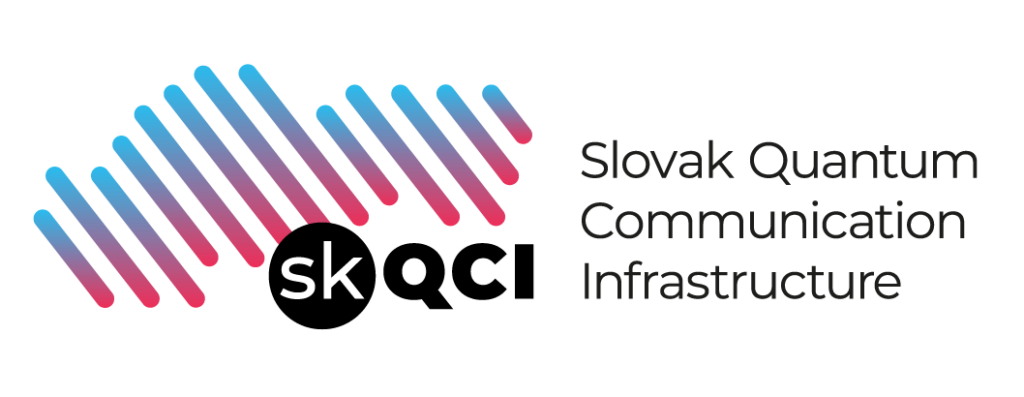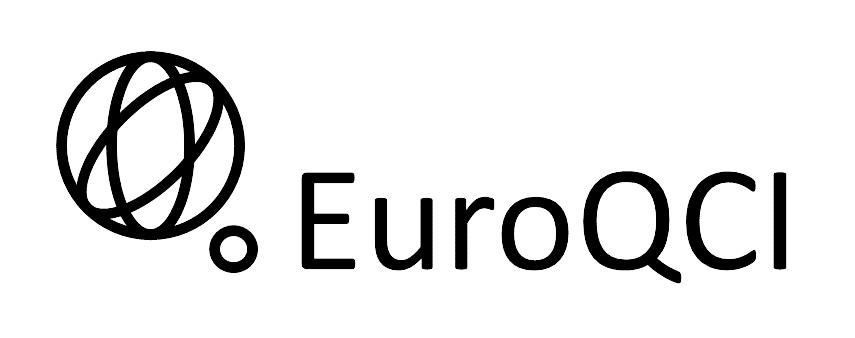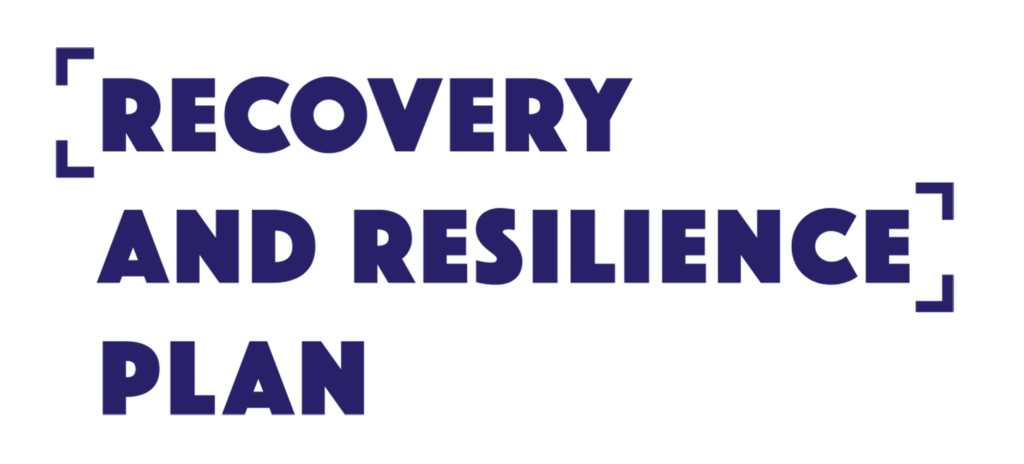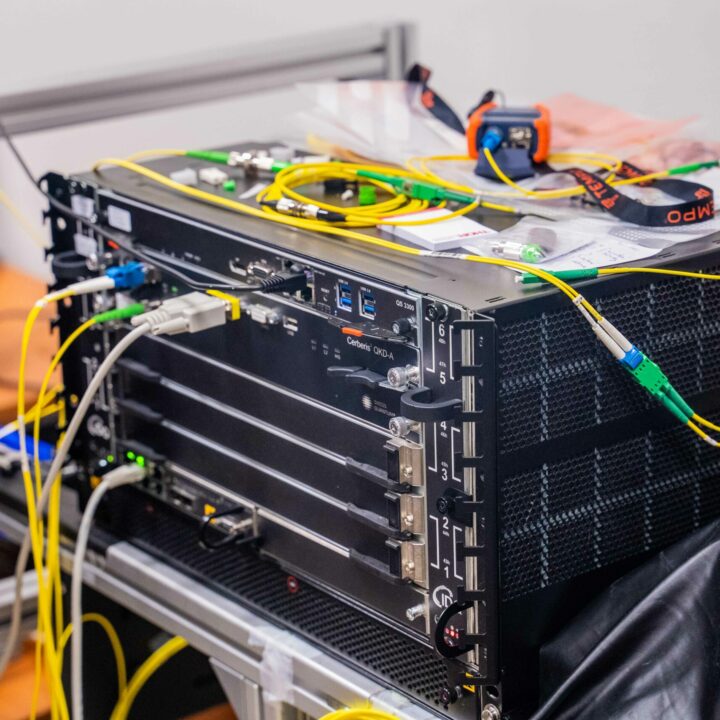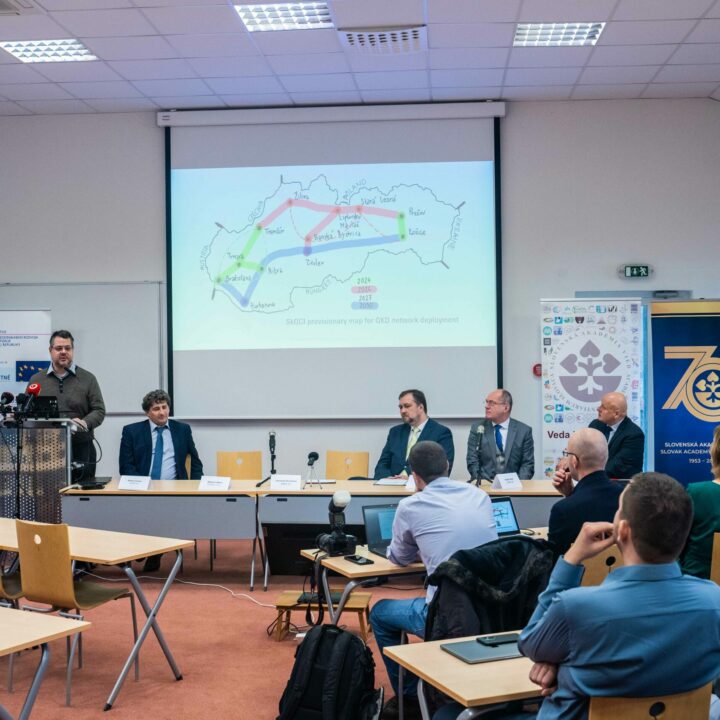Dieter Meschede: The Quantum World – From Experimental Insight to Technology
- Home
- event
- 2024
- courseQUTE
- Events
- Dieter Meschede: The Quantum World – From Experimental Insight to Technology
A tutorial lectures series on experiments introducing the audience into experimentally controlling quantum objects where single and many atoms will play a central role as simple model systems. This field started about 50 years ago when the non-intuitive world of quantum systems, especially the superposition principle, prompted experimenters to use lasers and light matter interaction to realize ever more illustrations of quantum phenomena.
Over time those observations have turned into ever better control which today allows quantum engineers to apply simple quantum systems for tasks in quantum technology ranging from quantum sensing to simulation, communication and computing. The lectures will roughly follow this schedule but may be be adapted to the course of discussions:
What is Quantum? A General Introduction
Illustrating Key Quantum Phenomena in Experiments
Single and Few Atoms: Observing Simple Quantum Systems
Controlling Quantum Systems
Visions of Quantum Technology
Series of 5×90 min lectures are MSc/PhD friendly, but open for all interested (Elementary Quantum Theory course is assumed) and free of charge. Please register to receive all information.
Program:
- Lectures starts each day at 9:15 AM
In addition, prof. Meschede will present a colloquium honoring a physicist whose 200th birthday we commemorated in 2022:
Since time has a direction – Rudolph Clausius and his legacy today
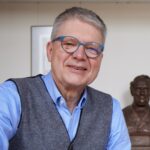
Prof. Dr. Dieter Meschede
Prof. Dr. Dieter Meschede gained his Ph.D. in 1984 in physics from the Ludwig-Maximilians-Universität München, Since 1994, he is Full Professor of Physics at the University of Bonn, Germany and between 2018-2020 he was appointed as President of the German Physical Society (DPG). His research interests include the field of atomic, molecular and quantum physics. The so-called “conveyor belt of light” – it moves and sorts individual atoms with the aid of laser beams and radio frequency precision – is one of the outstanding research results of his research group. With the help of this “conveyor belt”, atoms could be used as an arithmetic unit for a quantum computer. This work has received great recognition with an Advanced ERC Grant (DQSIM).
AboutIn review
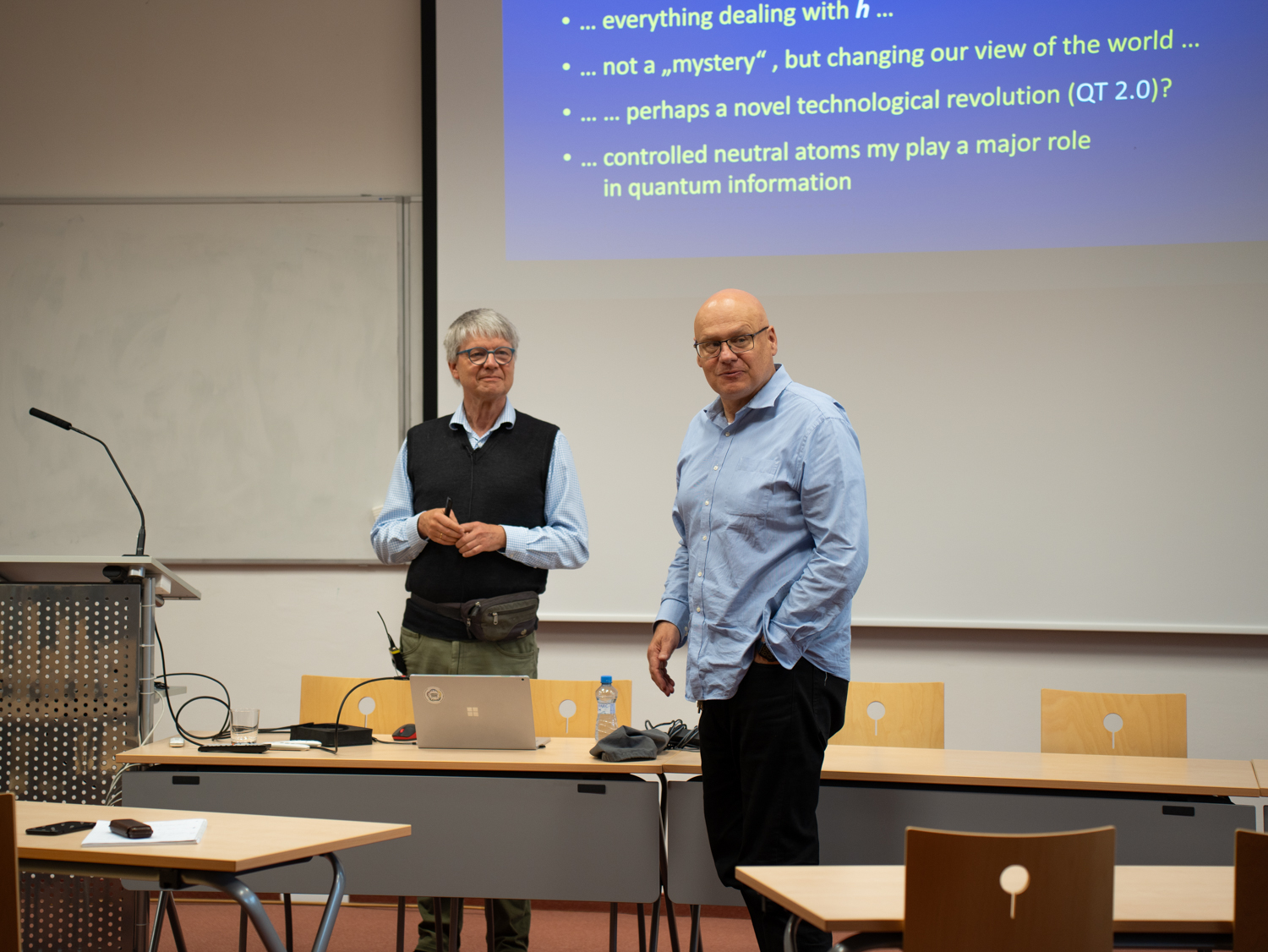
QUTE.sk welcomed renowned physicist Prof. Dr. Dieter Meschede to Slovakia
In May 2024, QUTE.sk had the honor of hosting the distinguished Prof. Dr. Dieter Meschede in Slovakia. Prof. Meschede, a leading figure in the field of quantum physics from the University of Bonn, brought his vast knowledge and pioneering research to Bratislava, captivating audiences with his insights and expertise.
The project skQCI is funded by the EU Programme DIGITAL and Programme NextGenerationEU from Recovery and Resilience Plan of the Slovak Republic.
